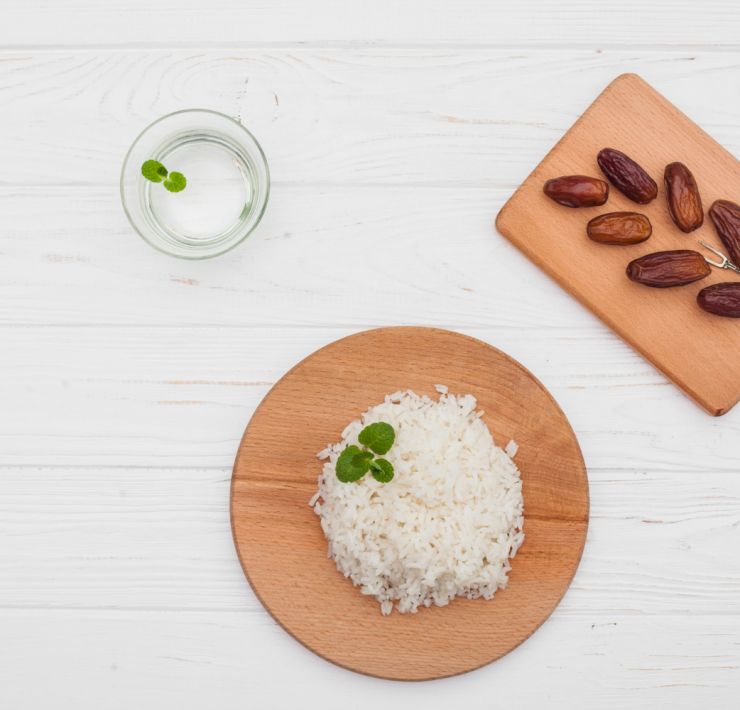The Key to a Healthy Gut: Understanding Gut Health
- When we talk about gut health, we're referring to the balance of microorganisms that live in your digestive tract.
- These microorganisms, often referred to as gut flora or microbiota, include bacteria, fungi, and other microbes.

Your gut is like the control centre of your body’s health. It’s not just about digesting food; it is vital to your overall well-being. Understanding and maintaining good gut health is essential for a happy and healthy life.
Table of Contents
What is Gut Health?
When we talk about gut health, we’re referring to the balance of microorganisms that live in your digestive tract. These microorganisms, often referred to as gut flora or microbiota, include bacteria, fungi, and other microbes.
Having a diverse and balanced community of these microorganisms is crucial for your health. They help with digestion, support your immune system, and even affect your mood and mental health.
Why is Gut Health Important?
- Digestion: Your gut breaks down food and absorbs nutrients, providing your body with the energy it needs to function properly.
- Immune System: A large portion of your immune system resides in your gut. A healthy gut flora can help protect you from harmful bacteria and viruses.
- Mental Health: The gut and brain are connected through a network of nerves and chemicals. Your gut microbiota can influence your mood, stress levels, and even conditions like anxiety and depression.
- Inflammation: An imbalance in gut bacteria can lead to inflammation, which is linked to various chronic diseases such as obesity, diabetes, and heart disease.
How to Maintain a Healthy Gut
- Eat a Balanced Diet: Fill your plate with a variety of fruits, vegetables, whole grains, lean proteins, and healthy fats. These foods provide essential nutrients and fibre that feed your gut bacteria.
- Probiotics and Fermented Foods: Probiotics are live bacteria found in certain foods like yoghurt, kefir, sauerkraut, and kimchi. Adding these foods to your diet can help replenish and maintain a healthy gut flora balance.
- Prebiotic Foods: Prebiotics are non-digestible fibres found in foods like bananas, onions, garlic, and asparagus. They serve as food for your beneficial gut bacteria, helping them thrive.
- Stay Hydrated: Drinking plenty of water is crucial for good digestion and overall health. Aim for at least eight glasses of water a day.
- Reduce Stress: Chronic stress can disrupt the balance of bacteria in your gut. Practice stress-reducing activities like meditation, yoga, or spending time outdoors.
- Limit Antibiotics and Antibacterial Products: While antibiotics are sometimes necessary to treat bacterial infections, overuse can harm your gut flora. Only take antibiotics when prescribed by a healthcare professional, and avoid antibacterial soaps and cleaning products.
- Get Enough Sleep: Poor sleep can negatively impact your gut health. Aim for 7-9 hours of quality sleep each night to support your overall well-being.
Listen to Your Gut
Your gut often communicates with you, whether it’s through feelings of hunger, fullness, or discomfort. Pay attention to these signals. If you experience persistent digestive issues or changes in bowel habits, consult a healthcare professional. They can help diagnose any underlying gut health issues and recommend appropriate treatment.
Taking care of your gut is essential for your overall health and well-being. By adopting healthy lifestyle habits and being mindful of what you eat, you can support a thriving community of gut bacteria and enjoy better digestion, improved immunity, and enhanced mental health. Remember, a happy gut leads to a happier you!
Thanks for reading! We hope this helps you on your journey to becoming a fitter and healthier version of yourself. Don’t forget to follow @naijafitfam on Instagram for more helpful content.




















